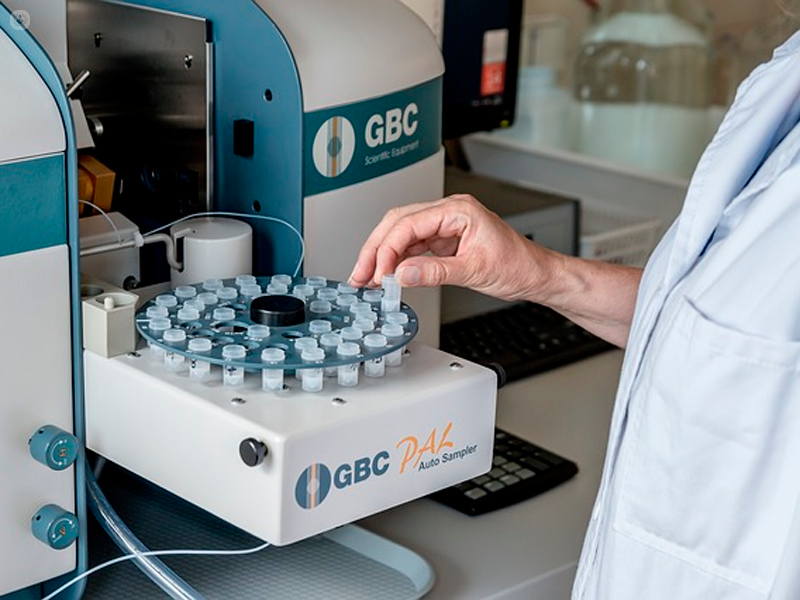



What are tumour markers?
Tumour markers are proteins, hormones or other biological substances that can be found in the blood. Some are produced by cancer cells, while others are made by healthy cells in response to cancerous conditions. There may be a trace of tumour markers in your blood even if you don't have cancer; however, the presence of a higher concentration of tumour markers is often a sign of cancer.
How can tumour markers be found?
Tumour markers can be found in the patient’s blood, other bodily fluids, stool, and tissues. It can be tested for, usually with a blood test, which will be analysed in a laboratory.
Do tumour markers mean cancer?
Tumour markers can help in diagnosing cancer. The presence of tumour markers in the blood may mean that a tumour is present or cancer is growing back. Testing for tumour markers is also important to see if the cancer is growing, if it’s responding to treatments and to see if it's recurrent.
However, the presence of tumour markers alone is not enough to make a definitive diagnosis of cancer – an elevated number of tumour markers can also be caused by noncancerous conditions, so further tests would be needed to confirm the diagnosis. It is also true that tumour markers have not been identified for all types of cancer, so the fact that there are no tumour markers in the blood does not definitively mean that cancer is not present.
How can I prepare for the blood test?
You should avoid eating anything starting from 8 hours before a blood test for tumour markers. Certain things may affect the result of the blood test, including:
- Menstruation
- Benign conditions
- Being on a particular medication
- Any previous therapy or treatment
What would a “bad” result mean?
An elevation of tumour markers alone isn’t enough to get an accurate diagnosis. One or more of the following tests will also be necessary: tissue biopsy, blood culture, bone marrow examination, radiography or ultrasound scan. This means that, in case of an elevated tumour marker count, the patient’s doctors should investigate further to make sure whether or not they’re facing a tumour.